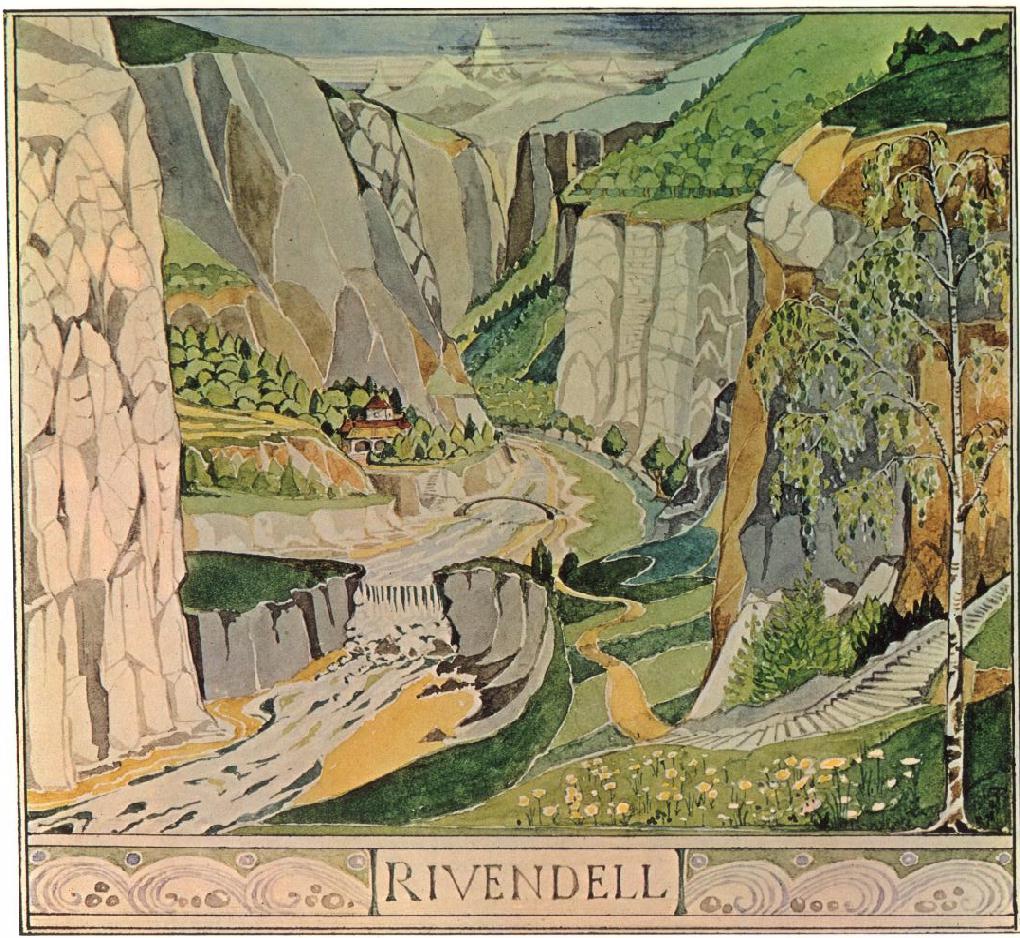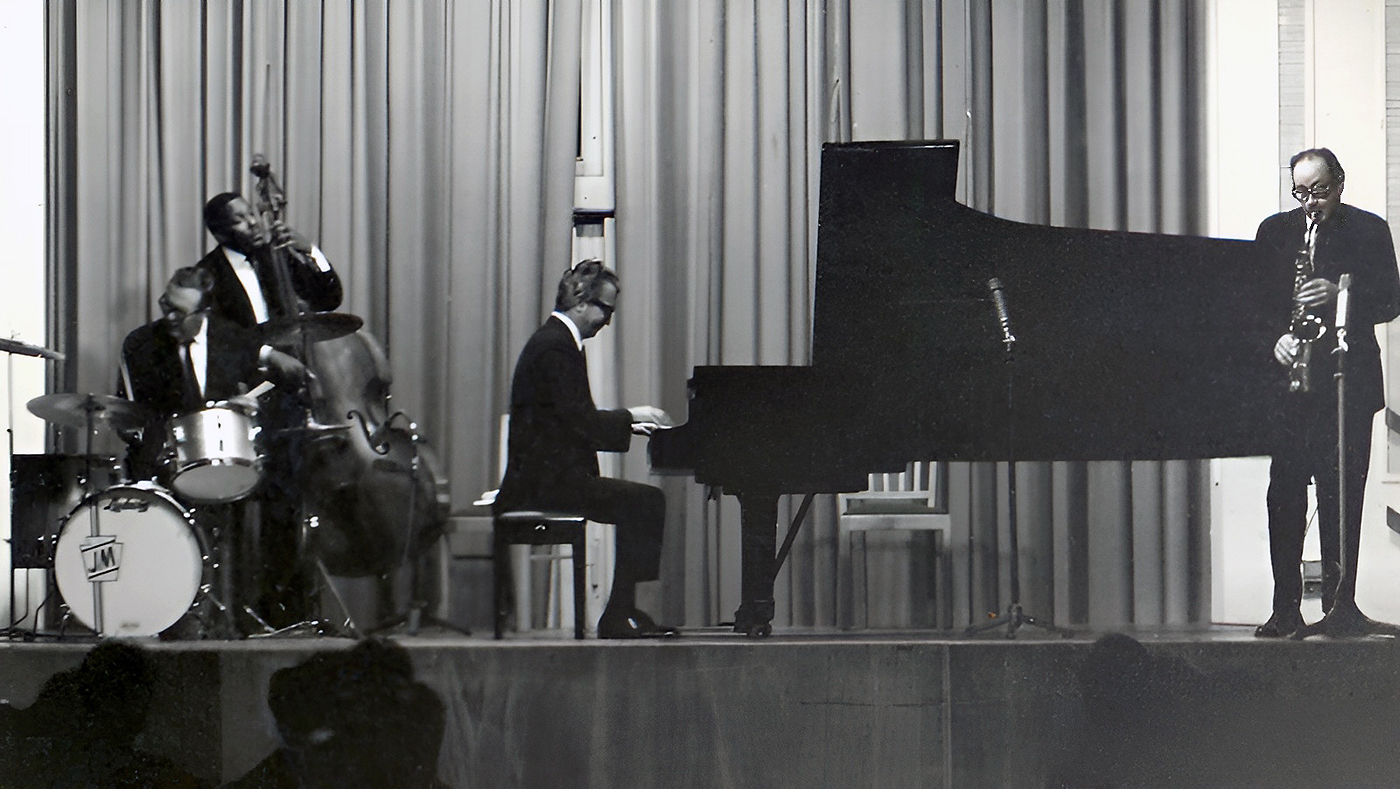 |
| The Tree (or Rod) of Jesse |
O Come, O Come, Emmanuel
Em Am D Em
O come, O come, Emmanuel,
G C Am D Em
And ransom captive Israel,
Am G D
That mourns in lonely exile here
Em Am D G
Until the Son of God appear.
D
Bm
Rejoice! Rejoice!
Am D
Em G C Am D Em
Emmanuel shall come to thee, O Is-rael.
Em Am D Em
O come, Thou Rod of Jesse, free
G C Am D Em
Thine own from Satan’s tyranny;
Am G D
From depths of hell Thy people save,
Em Am D G
And give them victory over the grave.
Em Am D
O come, Thou Day-spring, come and
Em
Cheer
G C Am D Em
Our spirits by Thine advent here;
Am G D
Disperse the gloomy clouds of night,
Em Am D
G
And death’s dark shadows put to flight.
Em Am D Em
O come, Thou Key of David, come,
G C Am D Em
And open wide our heavenly home;
Am G D
Make safe the way that leads on high,
Em Am D G
And close the path to misery.





